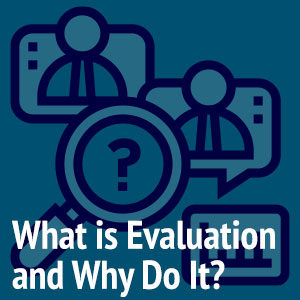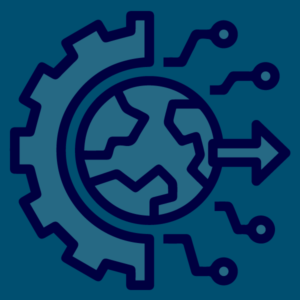 “Listening to Those Who Matter Most, the Beneficiaries,” (Spring, 2013 Stanford Social Innovation Review) highlights the importance of incorporating the perspectives of program beneficiaries (participants, clients, service recipients, etc.) into program evaluations. The authors note that non-profit organizations, unlike their counterparts in health care, education, and business, are often not as effective in gathering feedback and input from those who they serve. Although extremely important, the collection of opinions and perspectives from program participants has three fundamental challenges: 1) It can be expensive and time intensive. 2) It is often difficult to collect data, especially with disadvantaged and minimally literate populations. 3) Honest feedback can make us (i.e., program funders and program implementers) uncomfortable, especially if program beneficiaries don’t think that programs are working the way they are supposed to.
“Listening to Those Who Matter Most, the Beneficiaries,” (Spring, 2013 Stanford Social Innovation Review) highlights the importance of incorporating the perspectives of program beneficiaries (participants, clients, service recipients, etc.) into program evaluations. The authors note that non-profit organizations, unlike their counterparts in health care, education, and business, are often not as effective in gathering feedback and input from those who they serve. Although extremely important, the collection of opinions and perspectives from program participants has three fundamental challenges: 1) It can be expensive and time intensive. 2) It is often difficult to collect data, especially with disadvantaged and minimally literate populations. 3) Honest feedback can make us (i.e., program funders and program implementers) uncomfortable, especially if program beneficiaries don’t think that programs are working the way they are supposed to.
As the authors point out, feedback from participants is important for two fundamental reasons: It provides a voice to those who are served. As Bridgespan Group partner, Daniel Stid, notes, “Beneficiaries aren’t buying your service; rather a third party is paying you to provide it to them. Hence the focus shifts more toward the requirements of who is paying, versus the unmet needs and aspirations of those meant to benefit.” Equally importantly, gathering and analyzing the perspectives and opinions of beneficiaries can help program implementers to refine programming and make it more effective.
The authors of “Listening to Those Who Matter Most, the Beneficiaries,” make a strong case for systematically collecting and utilizing beneficiary input. “Beneficiary Feedback isn’t just the right thing to do, it is the smart thing to do.”
Our experience in designing and conducting program evaluations has shown the value of soliciting the views, perspectives, and narrative experiences of program beneficiaries. Beneficiary feedback is a fundamental component of our program evaluations—whether we are evaluating programs that serve homeless mothers, or programs that serve college students. We’ve had 20 years of experience conducting interviews, focus groups, and surveys, which are designed to efficiently gather and productively use information from program participants. While the authors of “Listening to Those Who Matter Most, the Beneficiaries,” suggest that such efforts can be resource intensive, and indeed they can be, we’ve developed strategies for maximizing the effectiveness of these techniques while minimizing the cost of their implementation. To learn more about our evaluation methods visit our Data collection & Outcome measurement page.



